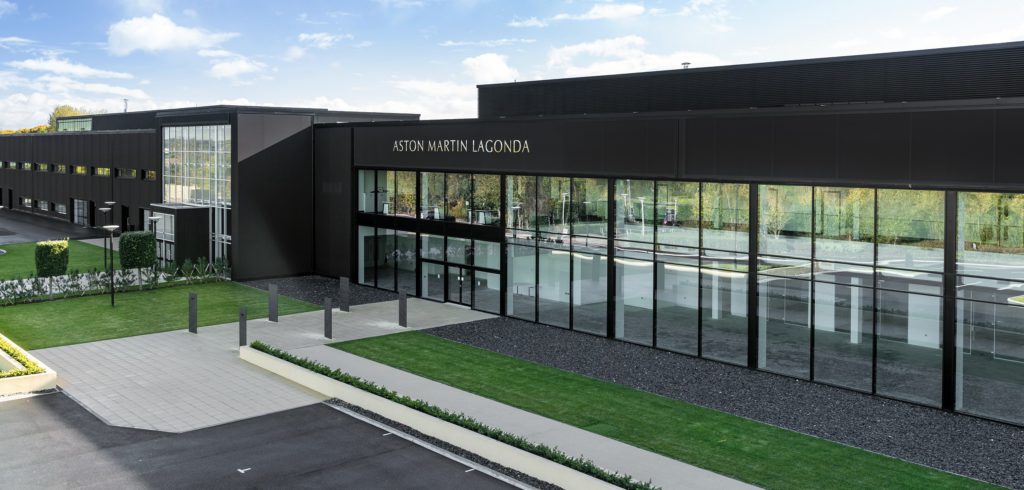Aston Martin looks to electrify production in UK
09 March 2021

Aston Martin intends to build battery-electric vehicles (BEVs) in the UK from 2025. The luxury carmaker will build an electric SUV at its plant St Athan in Wales, and a BEV sportscar at its Gaydon factory in England.
The details were confirmed by Canadian billionaire Lawrence Stroll, who spearheaded a £182 million (€212 million) investment effort through a consortium last year. Speaking with the Financial Times, he confirmed, ′the SUV will be built in Wales and the sports cars will be built here [in Gaydon].’
UK production
A hybrid version of the DBX SUV is expected at the end of this year, with other models following suit by 2023. This confirms the carmaker’s reliance on the stepping-stone powertrain before the middle of the decade. Given the UK’s precarious post-Brexit position, the news is something of a fillip to the country’s automotive industry.
Furthermore, with the UK government bringing forward its ban on sales of new internal combustion engine (ICE) cars to 2030, and hybrids by 2035, the investment Aston Martin is making in future drivetrain technologies could be invaluable. It is not yet clear how this news will affect the 2,500 Aston Martin employees currently employed at the two plants.
The carmaker will join the likes of Jaguar Land Rover (JLR), which will build its Jaguar BEV models at its plant in Solihull, Nissan, which has confirmed commitment to its plant in Sunderland, and electrically-chargeable vehicle (EV) startup business REE, which will form a new ′centre of engineering excellence‘ in Warwickshire.
Mercedes collaboration
Presenting its financial results for 2020, Aston Martin described an ′electrified powertrain or BEV for all 2024 product launches,’ with 90% of its portfolio made up of these electric offerings by 2030. Speaking at the Q&A session, Aston Martin CEO Tobias Moers outlined the timeframe, with a PHEV expected in 2023.
′The mid-engine programme has to be electrified, there’s no other way for the future,’ he said. ′I think its ambitious planning, but I know quite well our segment is moving faster than the C-segment or the B-segment. The luxury segment moves faster into the course of electrification, pure electrified cars, so electric-driven cars. There’s a lot of things to do for us, but we are on it.’
An essential component of this electrification is the collaboration with Mercedes-Benz, which took a 20% stake in the luxury carmaker last October. This agreement firmed up Aston Martin’s access to the German company’s EV technology, including electric and hybrid powertrains utilising its Electric Vehicle Architecture (EVA). Moers pointed out that EVA is compact and that there are more platforms to come, to all of which Aston Martin will gain access.
′Foremost, we have hybrid technology with Mercedes, which gives us an electric range and we are in discussion with Mercedes about which platform we are going to use going forward,’ Moers said. ′It must be an excellent fit for our platform, our performance and luxurious market segment and this is what we are keen on.’